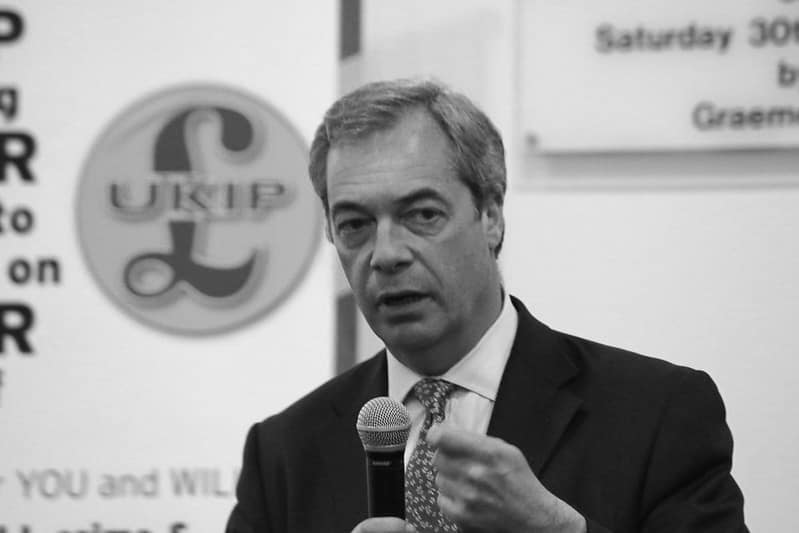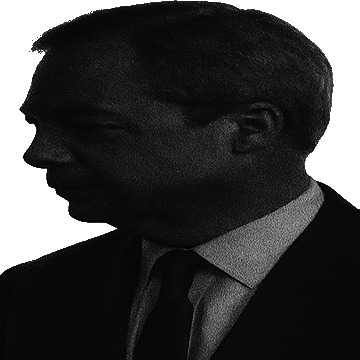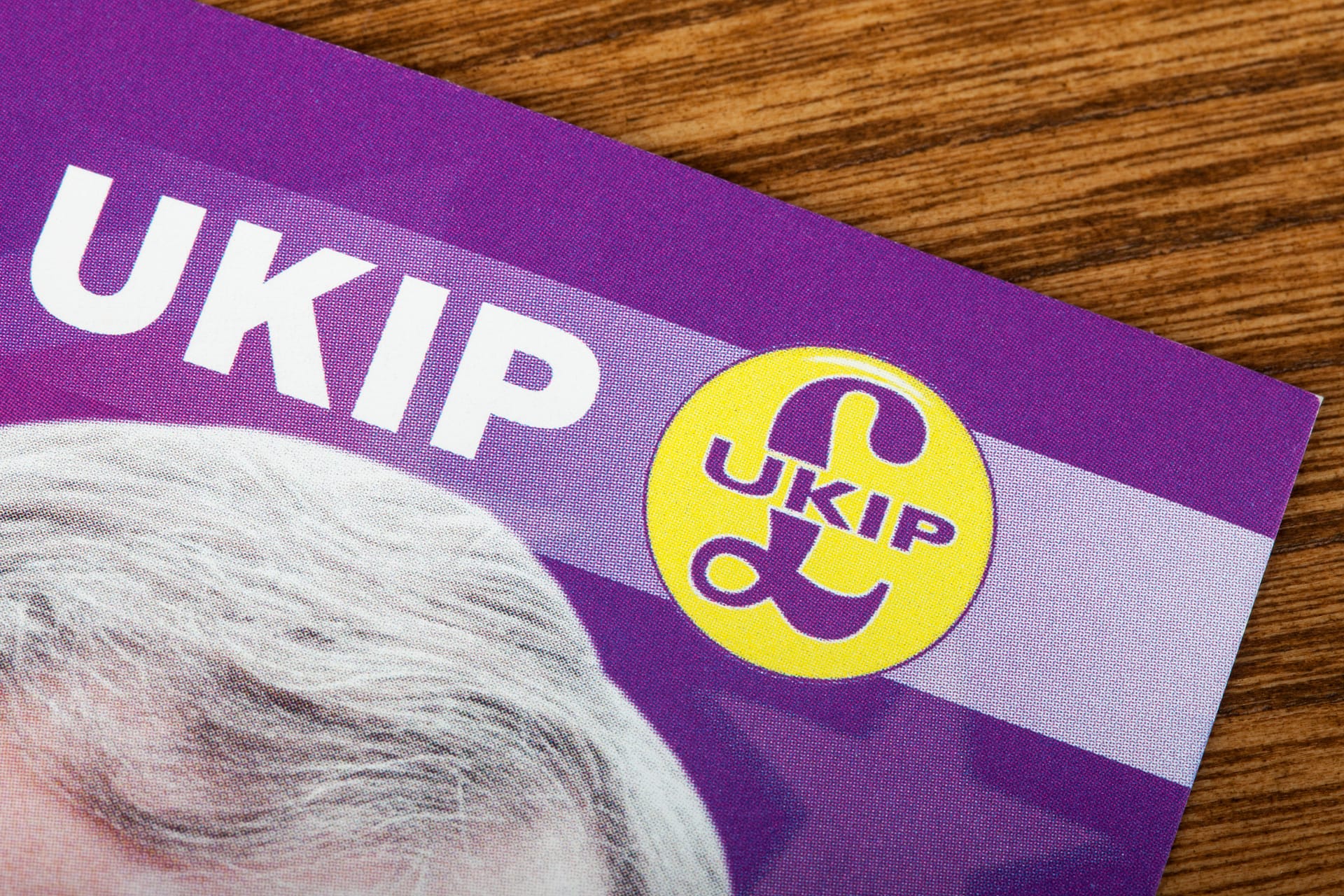Few British politicians are as closely identified with a single movement as Nigel Farage was with the UK Independence Party (UKIP). For more than two decades, he shaped its message, its media image and, ultimately, its historic role in forcing the 2016 referendum on EU membership. Yet by the end of 2018, he had walked away for good. Understanding why means tracing UKIP’s evolution from protest group to political force — and what happened when its founder thought it had lost is purpose.
From anti-EU fringe to national force
Farage entered politics in the early 1990s, leaving the Conservative Party after the Maastricht Treaty
and helping to form the Anti-Federalist League, which became UKIP in 1993. In his autobiography The Purple Revolution (2015) he recalls the early years as chaotic and under-funded but driven by conviction that Britain’s destiny lay outside the EU. After winning a seat in the European Parliament in 1999, he spent the next fifteen years using Brussels as a stage to attack the very institution that employed him.
Elected UKIP leader in 2006, Farage professionalised the party’s campaign machine and candidate training. After a brief step-down in 2009, he returned in 2010 and led UKIP to a surprise victory in the 2014 European elections, taking 27.5 per cent of the vote and 24 seats. That success, he later wrote, convinced him the movement had “broken through the wall of indifference” that had long confined it to the margins.
The referendum and the first resignation
The 2016 EU referendum was the fulfilment of UKIP’s founding mission.
Farage was not part of the official Vote Leave campaign, but his relentless touring and nightly television appearances made him the most recognisable face of the Brexit cause. When the Leave vote triumphed, he told cheering supporters outside Downing Street, We have done it. This is our independence day.
(BBC, 24 Jun 2016).
A few days later, on 4 July 2016, he announced his resignation as leader, explaining that he wanted “my life back.” (Guardian, 4 Jul 2016). In his book, he describes feeling physically and mentally exhausted after years of campaigning and says he believed his main goal — forcing and winning the referendum — had been achieved. He remained an MEP and informal adviser to his successors.
Interim returns and internal disarray
UKIP’s post-referendum period was turbulent. Diane James, elected to succeed Farage in September 2016, resigned after less than three weeks, forcing him to return as interim leader. Paul Nuttall took over in November but struggled to unify the organisation or define a mission beyond Brexit. The party failed to win a seat in the 2017 general election, its vote collapsing to 1.8 per cent. Farage told LBC that spring that UKIP was “losing its way” and needed to focus on “real Brexit issues, not personal rows.” He increasingly saw himself as an elder statesman rather than a returning leader, writing that “the baton had to pass” even if the party’s internal fights were painful to watch.

Image Credit: Derek Bennett
2018: A party he no longer recognised
The real break came under Gerard Batten’s leadership in 2018. Batten sought to rebrand UKIP as a broader populist movement and courted figures from the street-protest right, including Tommy Robinson. Farage publicly condemned the direction, arguing that the party’s flirtation with extremism betrayed everything it had stood for. In interviews, he said he could not stay “while UKIP moves towards the far right,” and in December 2018 he resigned.
In his Telegraph column announcing the decision he wrote that he was leaving “with a heavy heart” but could “no longer support what the party has become.”
Later interviews described watching “a proud insurgent party become a protest fringe.”
Those reflections echo his memoir’s view that UKIP’s mission had ended with Brexit and that trying to reinvent it as an anti-Islam movement was “a tragic mistake.”
The Brexit Party and beyond
Just four months after quitting, Farage unveiled the Brexit Party in April 2019. It was designed, he said, as a “clean start” for Leave voters frustrated with parliamentary delays and disillusioned with UKIP’s new image. In the 2019 European elections the Brexit Party topped the poll with 31.6 per cent of the vote, leaving the Conservatives and Labour far behind. “UKIP had lost its purpose,” he told the BBC, “but the Brexit Party is here to finish the job.”
When the UK formally left the EU in January 2020, he retired as an MEP and later transformed the organisation into Reform UK.
What his departure meant
Farage’s exit effectively ended UKIP’s relevance. Membership and donations collapsed, and subsequent leaders failed to win media attention or electoral ground. Analysts saw his departure as both ideological and personal: ideological because of the party’s shift toward radical activism, personal because he had achieved what he set out to do and preferred to protect his own brand from the fallout.
(Independent, Dec 2018).
In later interviews, he has said that leaving UKIP was “one of the easiest hard decisions” of his life — easy because he could not tolerate its direction, hard because it felt like abandoning a project he had built from scratch.
Final thoughts
Nigel Farage left UKIP because the party he founded no longer reflected the values or purpose that had defined it. Exhausted after the referendum, alienated by the Batten era and eager for a new platform, he chose to start again. His resignation in December 2018 closed the UKIP chapter of his career but opened the next: the populist movement that would become the Brexit Party and later Reform UK. As he notes in his autobiography, he viewed the move not as retreat but as renewal — “the end of one fight and the beginning of another.”



